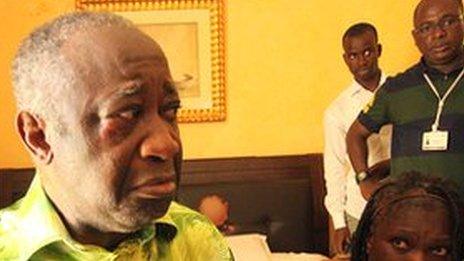Ivory Coast mutiny: Soldiers agree deal with government
- Published
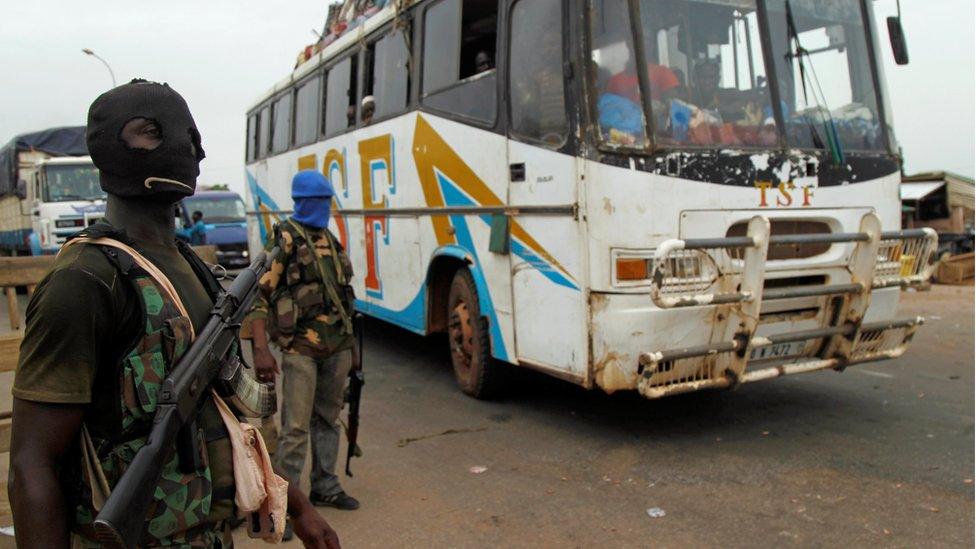
Soldiers have been setting up road blocks across Ivory Coast
Soldiers in Ivory Coast have accepted a deal to end a five-day mutiny over pay.
The government offered the mutineers an immediate bonus payment of five million CFA francs (£6500; $8,400) for the 8,400 mutineers and a further two million CFA francs at the end of June.
They had previously rejected a settlement put forward by the government on Monday night.
Since Friday soldiers have been shooting in the air and setting up road blocks.
One person was killed by a stray bullet on Sunday after mutinous troops seized control of Bouaké, the country's second largest city.
The BBC's Tamasin Ford reports from the commercial capital, Abidjan, that soldiers had been terrifying residents in major cities around the country over the last few days.
The former rebels, now embedded in the army, who fought for years to get President Alassane Ouattara to power, were angry at the scrapping of a deal agreed in January to give them back pay and bonuses.
On Tuesday the government finally gave in, giving them exactly what they want, our correspondent reports.

Bouaké has been at the heart of the mutiny
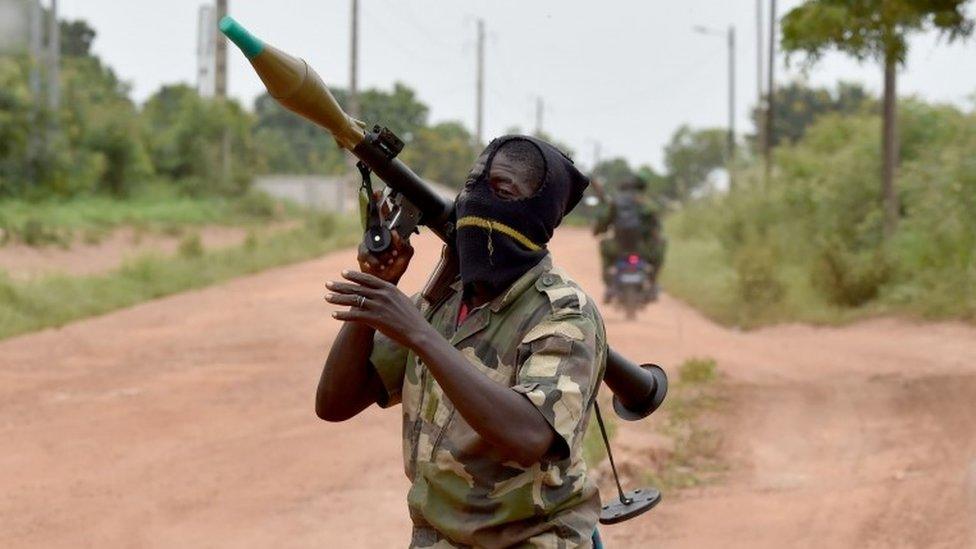
The revolt broke out over disputed bonuses
The mutineers helped the president take office in 2011. The former rebels make up about 8,400 of Ivory Coast's 22,000-strong army.
Pro-government forces had backed off from advancing towards Bouaké, the epicentre of the mutiny, apparently because they want to avoid a fight, our correspondent adds.
On Sunday, armed forces' chief of staff General Sékou Touré vowed to end the mutiny, but the mutineers said they would fight back if loyalist troops intervened.

Bouaké has been at the heart of the mutiny
Mutineers at the army headquarters in Abidjan's financial district, near the presidential palace, had been shooting in the air, forcing schools and offices to shut.
Gunfire was also heard at the Akouedo barracks, in a suburb where many middle-class Ivorians and expats live.
Pro-government forces responded by closing roads in the city, while French troops were deployed to guard French-owned transport firm Bollore, a major investor in Ivory Coast.
Other areas hit by unrest included San Pedro, the biggest cocoa exporting city in the world, and Daloa, a major trading hub in Ivory Coast's cocoa belt.
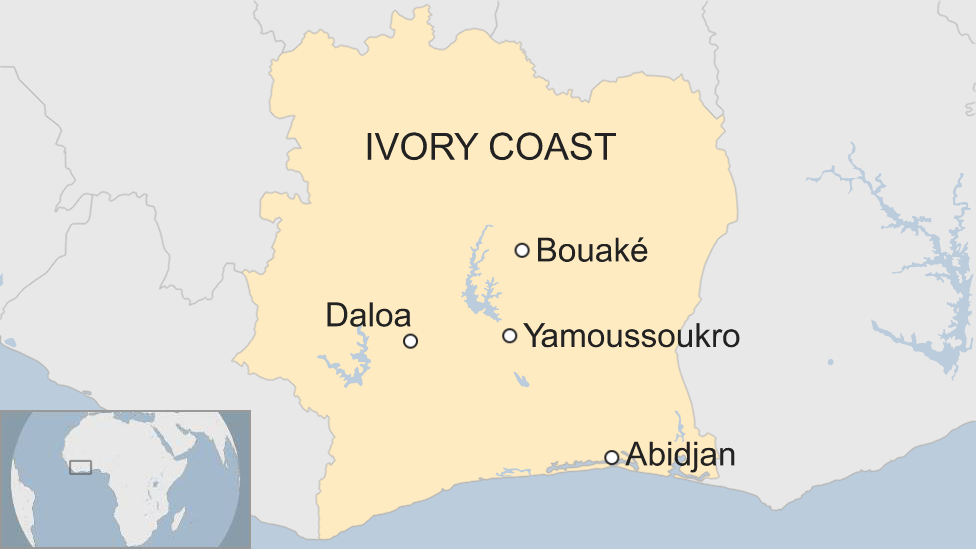
The mutiny raised fears of a resurgence of the violence seen during Ivory Coast's 10-year civil war, which ended in 2011.
Pro-Ouattara forces from Bouaké swept into Abidjan at the time, helping Mr Ouattara take office after his predecessor Laurent Gbagbo refused to accept defeat in elections.
Many of the rebels were rewarded for their backing by being given jobs in the army.
- Published15 May 2017
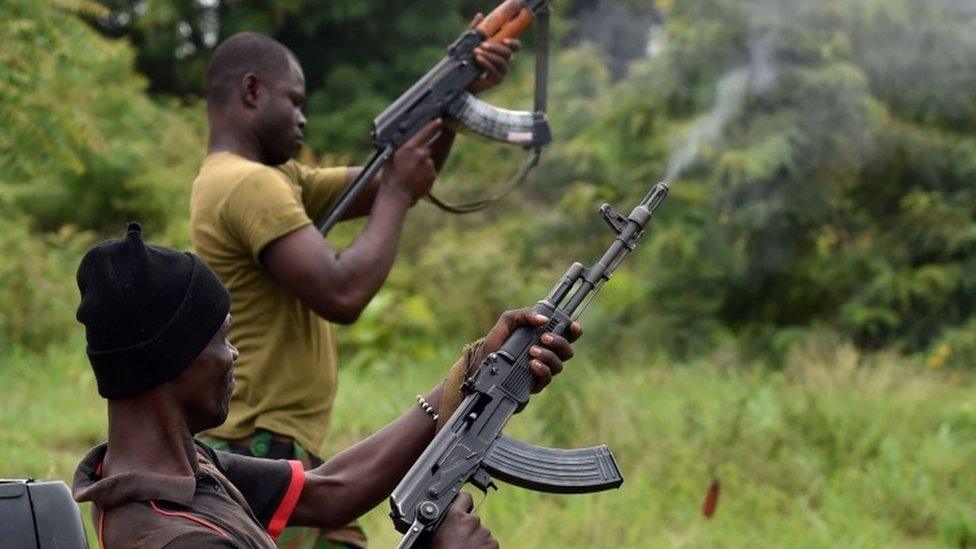
- Published24 October 2015
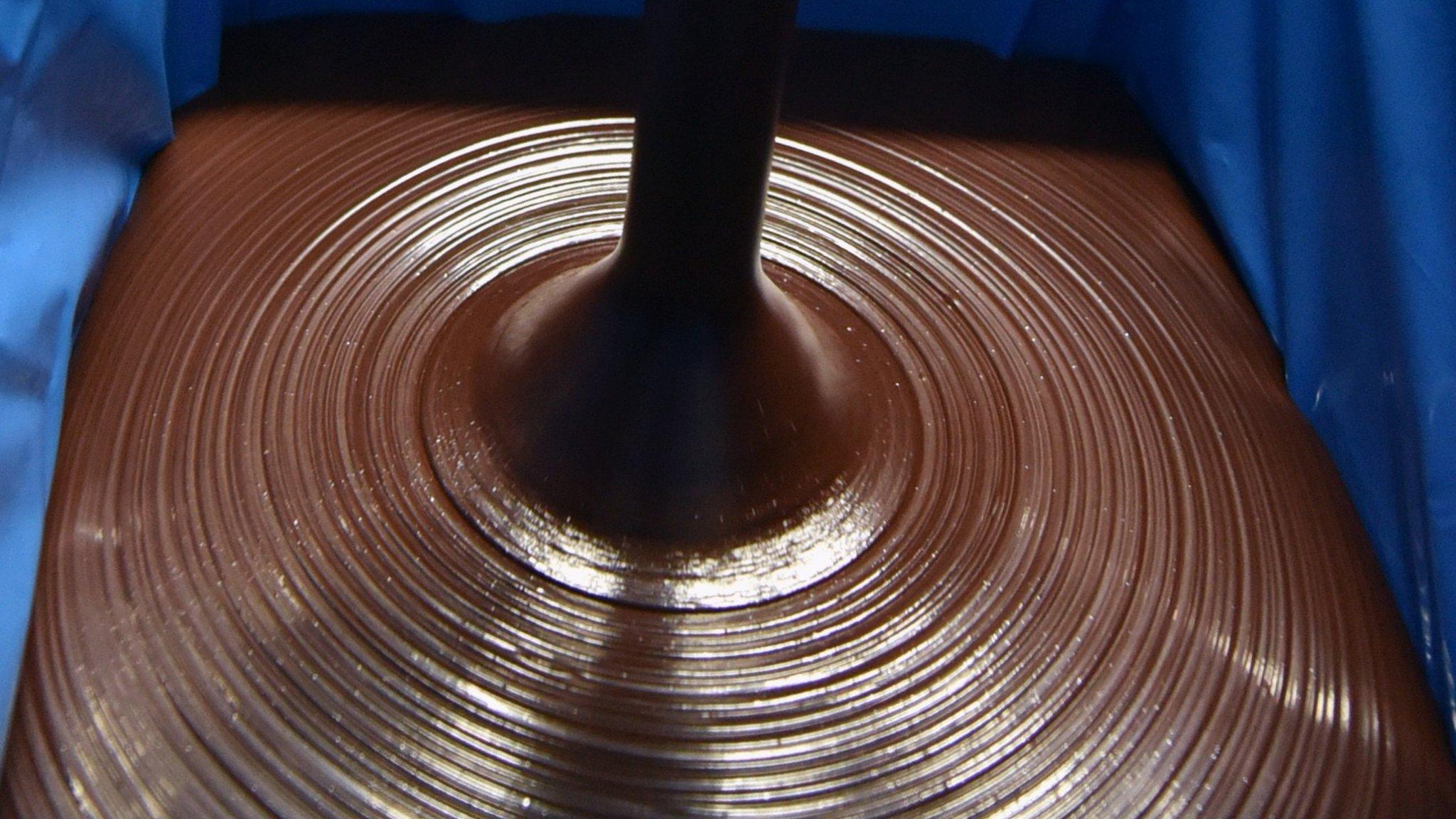
- Published21 October 2015
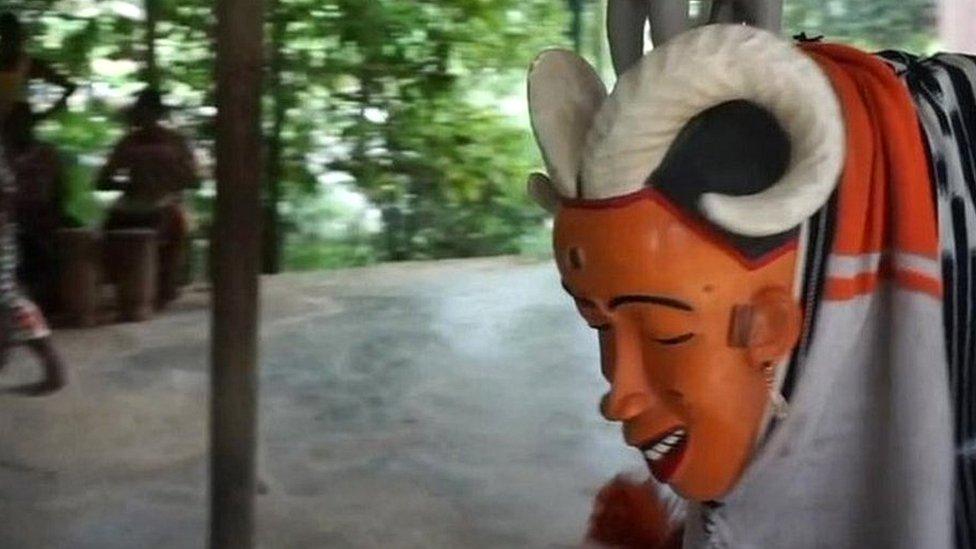
- Published24 July 2023
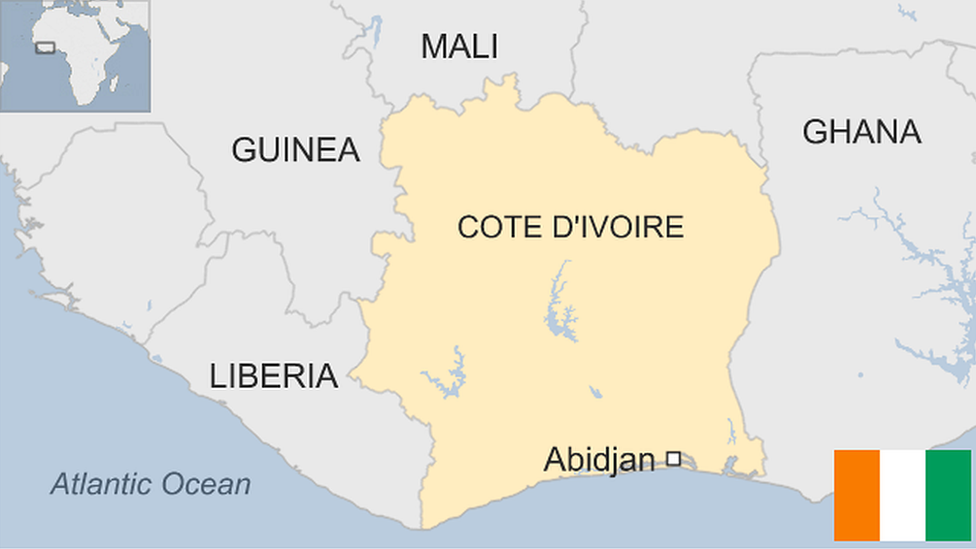
- Published15 January 2019
